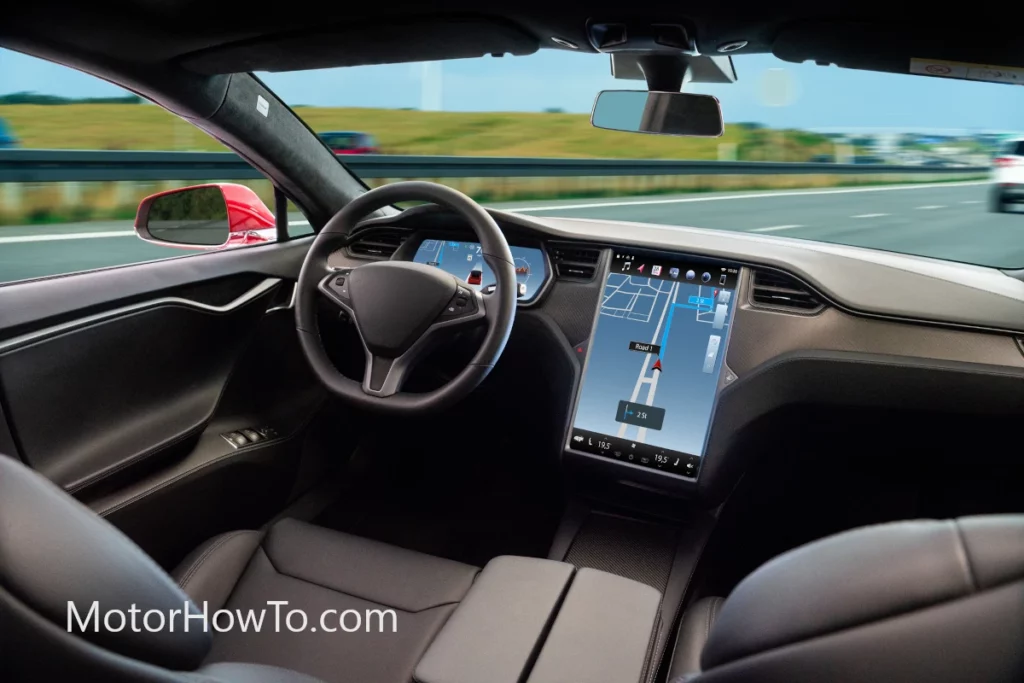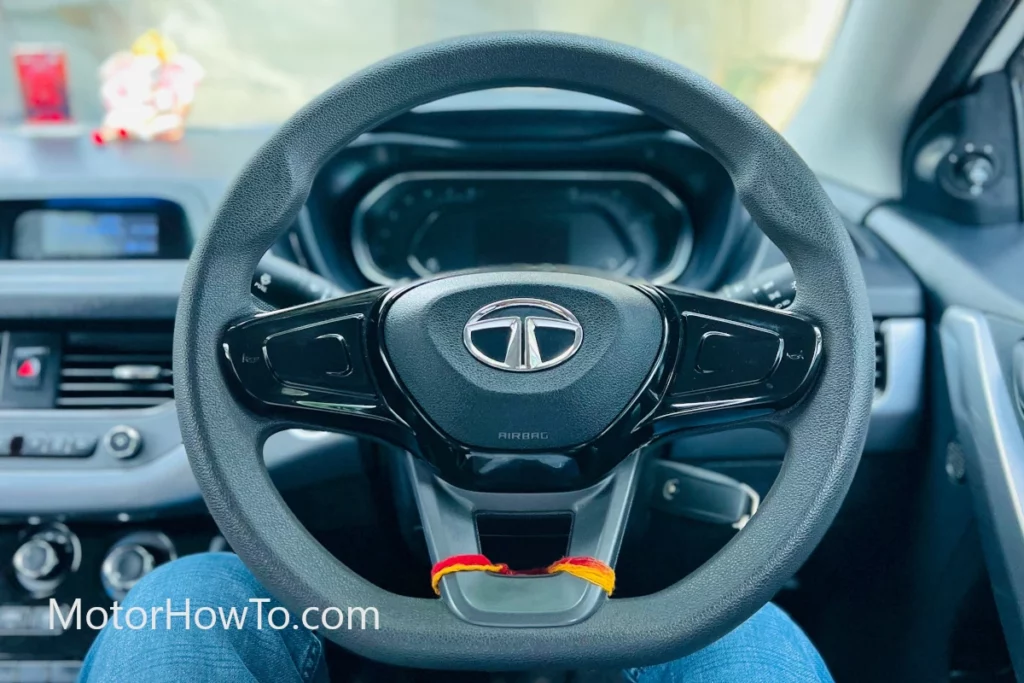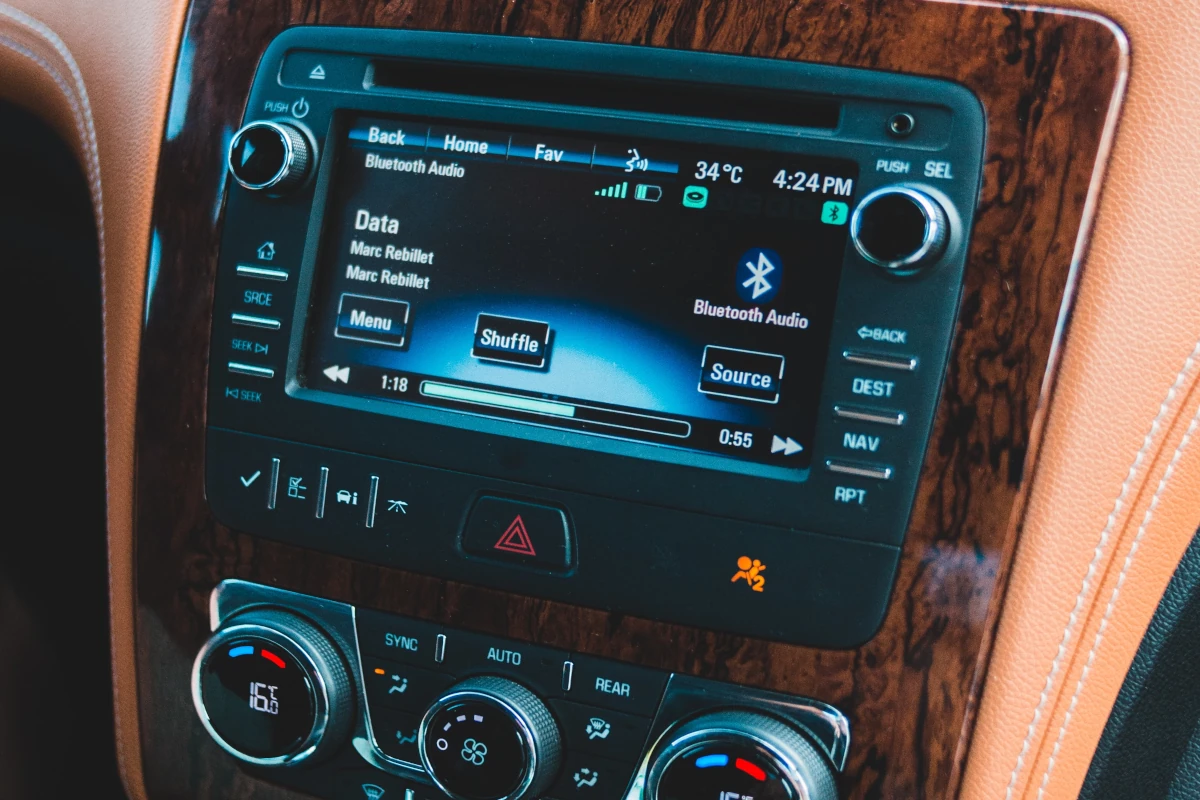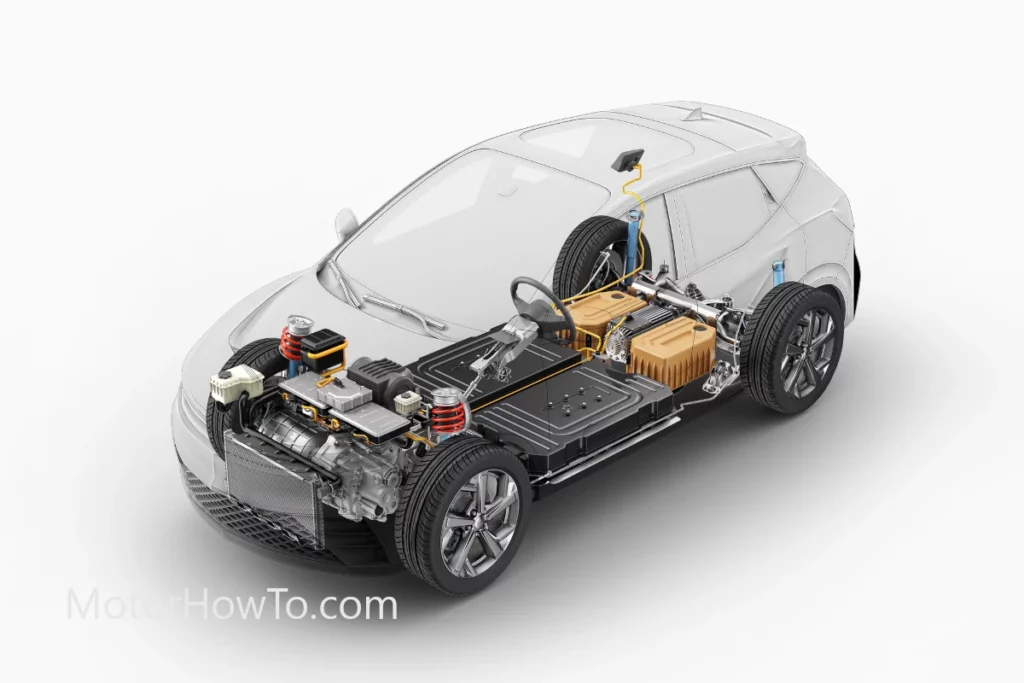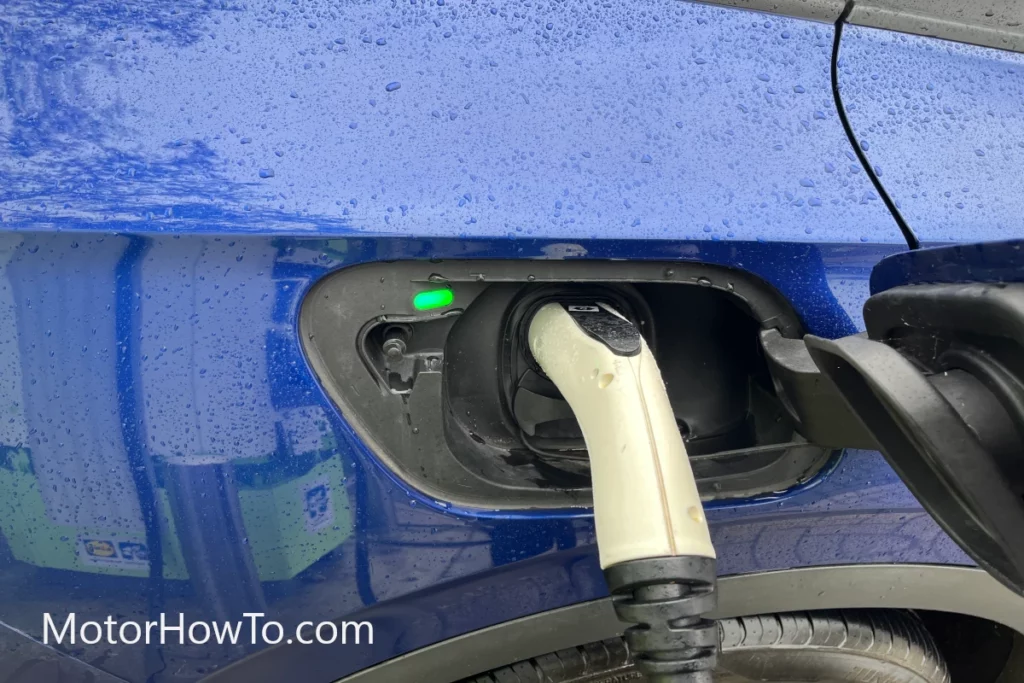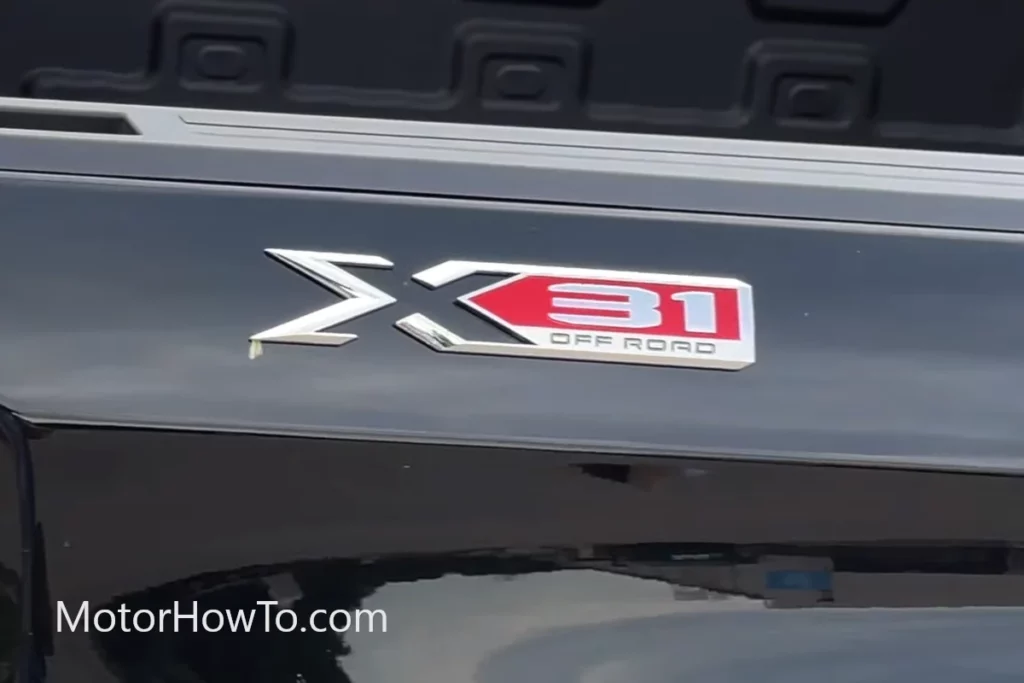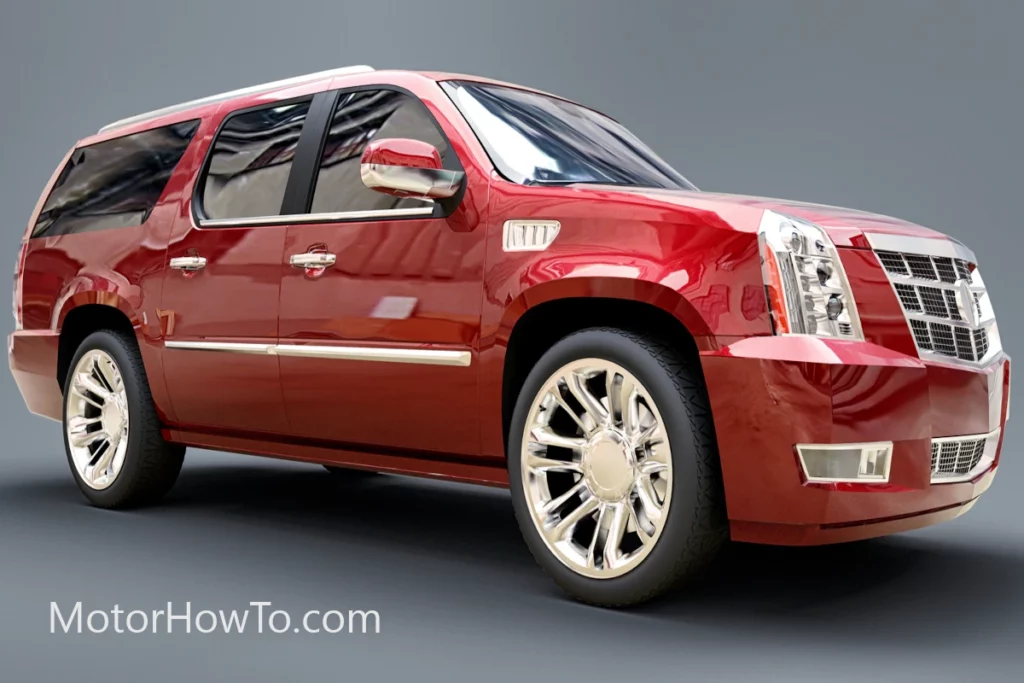Engine stalling is something that you would not want to experience while you are driving. That is because, when an engine quits, there are probably underlying reasons that may be forcing it to stall.
In some cases, people experience their cars stalling when they brake hard. So, why do some cars stall when you press on the brake too hard?
Here’s why you car stalls when you brake hard
The most probable reason why a car stalls when you brake hard is a bad brake booster. However, there are also other underlying reasons why a car can stall when you are braking. These include a bad fuel pump, a failing speed sensor, and a damaged or failing engine control unit.
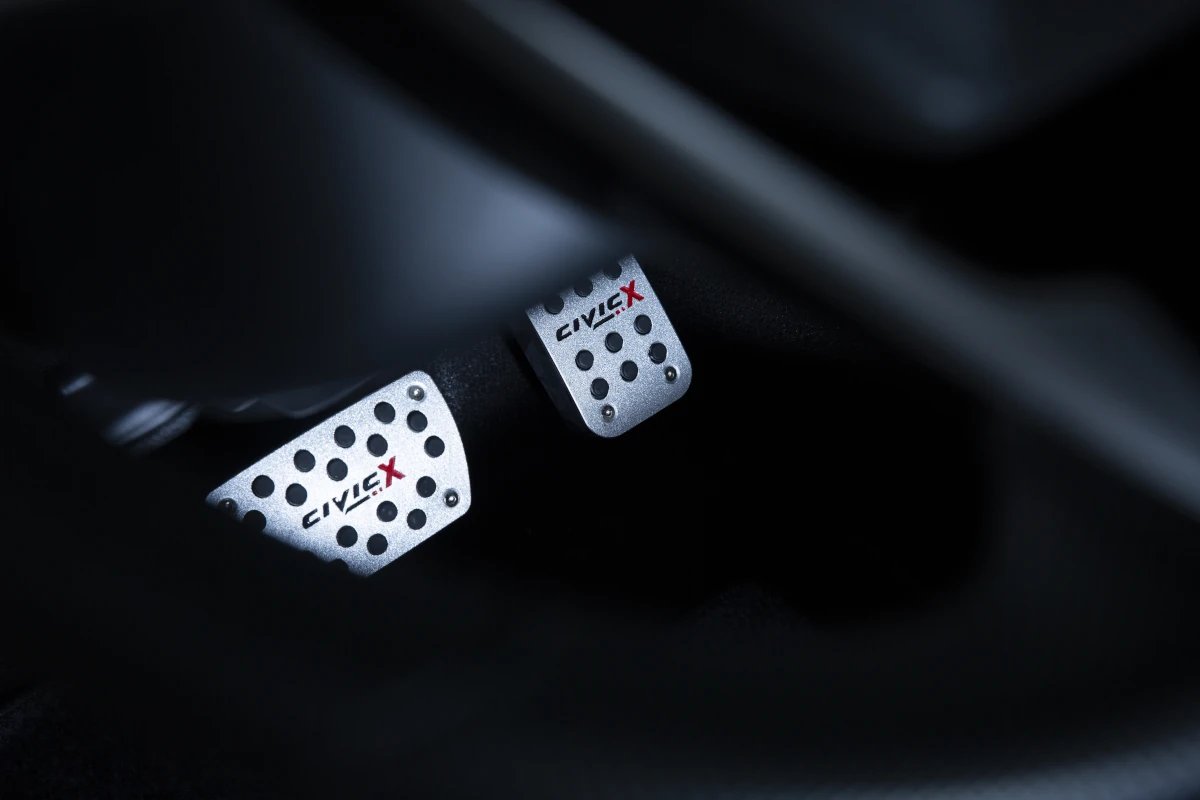
Stalling is never something you would want to experience while you are driving because it can be dangerous when this happens. You might end up getting into an accident when the engine stalls in the middle of the freeway.
As such, you need to know why a car can end up stalling when you are braking hard so that you can have the problems remedied as early as possible.
Why does my automatic car stall when I brake hard?
Engine stalling is one of the more common problems that most drivers tend to face whenever they are driving. This happens when the engine basically gives up and dies out in the middle of the road while you are driving. And this can happen for automatic cars as well.
While there are plenty of reasons why a car can end up stalling while you are driving, there are some instances where an automatic vehicle may stall when you press the brake pedal too hard.
So, what are the probable reasons why this happens?
- Bad fuel pump
One of the most common reasons why an engine can stall when you press the brakes hard on your manual car is a bad fuel pump.
What happens when you are braking is that the car’s engine control unit or ECU gives a command to stop the supply of fuel running to the engine.
So, if your fuel pump is damaged, what happens here is that the gas pump will not have the power it needs to supply the car with the fuel that it needs to work.
As such, this causes the engine to lose traction and will end up stalling when you brake.
What you can do here is to check the pressure in the fuel line by making use of a pressure gauge. The pressure valve’s location depends on your car.
You should be consulting the manual if you want to know where the pressure valve is. If the problem here is the filter, then the only thing you can do is to have it changed.
On top of that, it really isn’t rare for the car to stall when you brake if the high-voltage wires have gone bad.
That is why you might want to have the quality of the wires checked as well if you want to know why your car often stalls when you are braking hard.
- Idle speed sensor problems
The automatic car’s idle speed sensor can also contribute to the stalling problems when you are braking.
Idle speed sensors are there to make sure that the engine to idle and then maintains the speed of the entire vehicle.
So, if there is a problem with the idle speed sensor, the engine’s speed will begin to float and will most likely stall as a result of that.
As such, it won’t be rare for your engine to stall when you brake if the idle speed sensor has problems because of how the engine’s speed tends to be all over the place.
The best way for you to know if there are problems with the idle speed sensor is to use a multimeter tester. You will be able to check the resistance of the wires of the sensor to tell if there is a current running through them or if the values of the voltage are correct.
Consulting the car’s manual is the best way to know if the values on the multimeter reading are correct. If the idle speed sensor has problems, then you would need to replace it.
- Issues with the ECU
The ECU is an automatic car’s “brain” because a lot of the electronic processes that allow an automatic car to function rely on the ECU.
So, if the ECU has issues such as when it is beginning to fail, this can end up stalling the engine when you are braking because braking will also send signals to the ECU to tell it that the car is coming to a full stop.
A failing ECU might not be able to properly process such signals and will fail to send out the same signal to the engine, which will now stall as a result of a sudden brake.
Why does my manual car stall when I brake hard?
While automatic cars can end up stalling from time to time, manual cars are said to be more susceptible to stalling precisely because of how these cars are more mechanical in nature compared to their automatic counterparts.
So, why does a manual car stall when you brake hard?
Any of the reasons that can make an automatic stall can apply to a manual car as well.
However, the most probable cause why a manual car can stall if you press the brake pedal too hard is simple human error.
In manual transmission cars, what you do when you are braking is that you take your foot off the gas pedal and then apply pressure to the brake. What happens here is that the engine itself will tell the wheels to stop moving because you are no longer stepping on the accelerator.
On top of that, as you step on the brake, you are also applying external pressure to stop the wheels from turning.
However, as the car is beginning to slow down, the pressure of the brakes will also apply some pressure on the engine. This can lead to your engine stalling.
As such, you would need to press on the clutch pedal as your car is slowing down shortly after releasing the gas pedal and pressing on the brakes.
Applying pressure on the clutch effectively disconnects the engine from the transmission and the wheels to avoid putting pressure on the engine when you are braking.
So, if you brake too hard without pressing on the clutch timely, the engine will easily stall because of how much pressure the brake pads are putting on the engine.
This is why a simple mistake in braking while driving a manual car can easily cause the engine to stall.
Can a bad brake booster cause a car to stall?
Aside from all of the other factors mentioned in this article, a bad brake booster is a major contributor to a car that stalls during braking.
It probably is the most common reason why a car stalls when you step on the brake hard.
The vacuum brake booster is a component that is located between the pedal and the brake cylinder. What it does is that it relieves the force that the driver creates when the brake pedal is pressed.
The brake booster connects to the intake manifold using a vacuum hose. Meanwhile, the brake booster also includes other different parts and components such as a membrane.
So, if the membrane on the brake booster is damaged, there could be a possibility that the car will end up stalling when you press on the brake. That is because the membrane will not have enough time to create the vacuum needed to relieve the force that the driver creates when stepping on the brake pedal.
As such, some air will end up entering the brake system and the fuel mixture. This will lead to engine stalling because of how much air there is in the engine.
If there is a brake booster and the different parts that it comes with, the best way for you to remedy the situation is to have some of the parts and components replaced.
Of course, there is also a chance that the car will stall due to depressurization in the hose that connects the brake booster and the intake manifold.
A damaged hose will allow more air to enter the brake system and the engine. This causes the same effect as a damaged membrane in the brake booster because there will be too much air in the fuel mixture, which will cause the engine to stall.
You can check this hose by detaching it from the vacuum booster. Next, start the engine and pinch the hole of the removed hose with your finger. If it is sealed, the engine will automatically increase RPMs, and after removing the finger, it will lower them.
If the hose passes air through, the engine will run at a constant speed while performing the above method.
How do I know if my brake booster has a vacuum leak?
If you want to know how to check a brake booster to see if there are problems with it, here are some of the things you can do:
- Stop your engine and make sure that you pulled over to a safe area where you can check your car.
- Try pressing and releasing the brake pedal a few times while the engine is turned off. The pedal stroke will feel much softer but will eventually become harder as you continue to step on it.
- Keep your foot on the brake pedal while applying pressure on it.
- After that, start the engine.
- You will know if there is a problem with the brake pedal if it still feels hard. If it is softer, that means that there is no problem with it.
Sources
Bryanmotors.com: Car stalling reasons
Carphrases.com: Car stalls when braking

